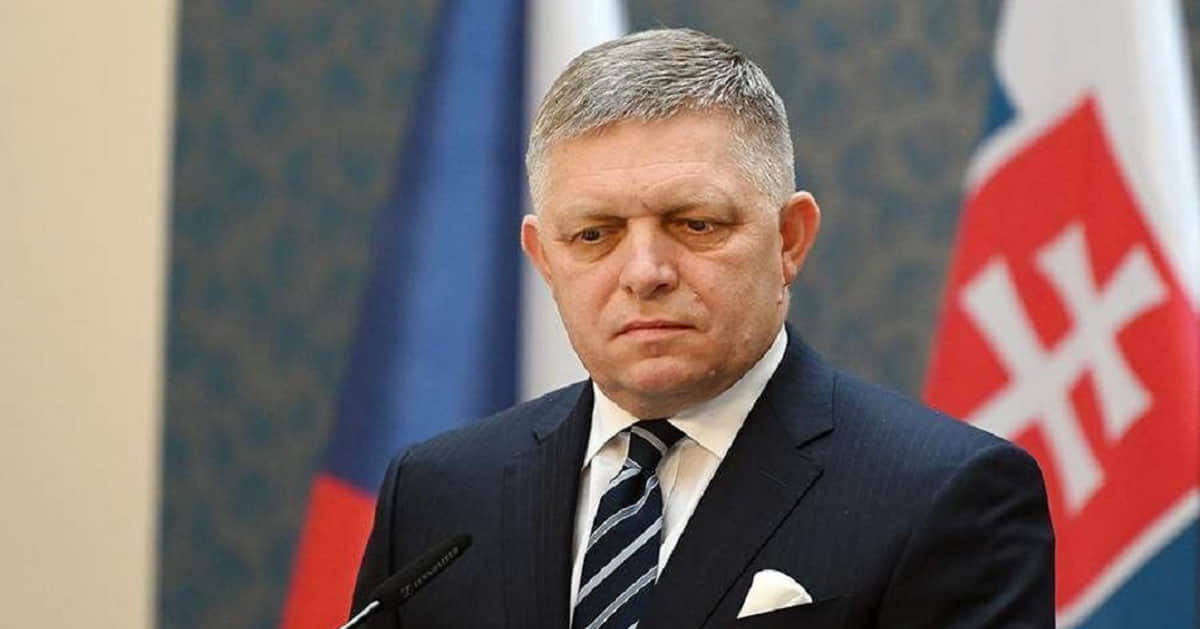Why European Commission is to punish Slovak PM Fico and whether this will stop him

The European Commission may impose a severe financial penalty on Slovakia. This information is not yet official but has been reported by Bloomberg, citing its sources. Even so, the news has caused a spkash in Bratislava.
It is likely that this could affect the policies of Prime Minister Robert Fico's government, which heavily depends on European subsidies. Read more about why the European Commission might punish Slovakia and what consequences this may bear in the article by Yurii Panchenko, a European Pravda editor - Punishment for Fico: will the European Commission freeze funds for Slovakia? Bloomberg sources claim that the European Commission was dissatisfied with the Slovak government's explanation for abolishing the special prosecutor's office, which oversaw corruption cases involving top officials.
Advertisement: Because of this, according to Bloomberg sources, the European Commission is preparing to launch proceedings against Slovakia. The final decision on applying this punishment will be made by European Commission President Ursula von der Leyen.
It is unclear though how severe the punishment will be. The Commission is reportedly considering the possibility of reclaiming all or part of the EUR2.7 billion in COVID-19 recovery grants that Slovakia received as part of the EU's pandemic relief package. These funds were allocated on the condition of strict oversight of their use.
The Slovak government agreed that this oversight would be carried out by the special prosecutor's office. The abolition of the special prosecutor's office was one of the first decisions made by Robert Fico's government. It is no surprise, as investigations conducted by this office involved several members of Fico's team.
To ensure further protection, the new Slovak government also reduced the penalties for corruption and economic crimes. Robert Fico had tried to convince Brussels for a long time that abolishing the special prosecutor's office would not weaken the fight against corruption. However, the Bloomberg report indicates that the EU has been highly sceptical of these claims.
The mention of the special prosecutor's office in the agreement on COVID-19 funds presents the European Commission with an opportunity to express dissatisfaction with Fico's government's actions. This move seems to have surprised Bratislava, as Fico's government apparently did not expect such legalistic scrutiny from the European Commission. The bigger question remains: is the European Commission ready to truly punish Fico or will it merely issue threats?
It's clear that Slovakia's democratic problems extend beyond just the abolition of the special prosecutor's office. Since regaining power, Robert Fico and his allies have been gradually turning Slovakia into an authoritarian state, similar to Hungary under Viktor Orban. It seems that the recent assassination attempt on Fico has only accelerated this process, intensifying attacks on the opposition.
Does this mean the Slovak government will have to reverse its most controversial decisions? It is likely, but only if the European Commission is truly prepared to apply significant pressure. It remains unclear how far this pressure might go.
However, if the threat turns out to be a bluff, Slovakia's drift toward becoming an Orban-style regime in Hungary may become irreversible.
If you notice an error, select the required text and press Ctrl + Enter to report it to the editors.